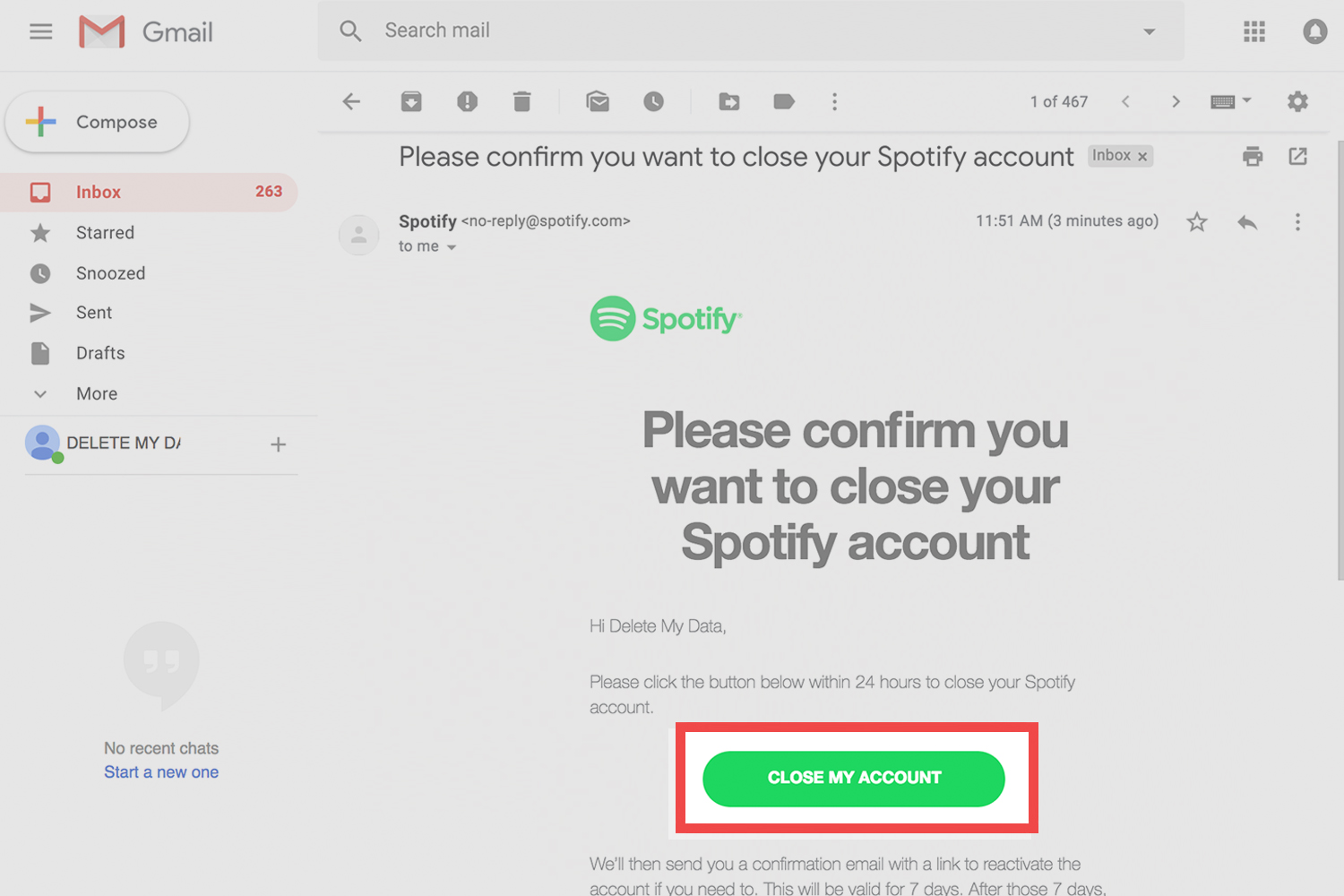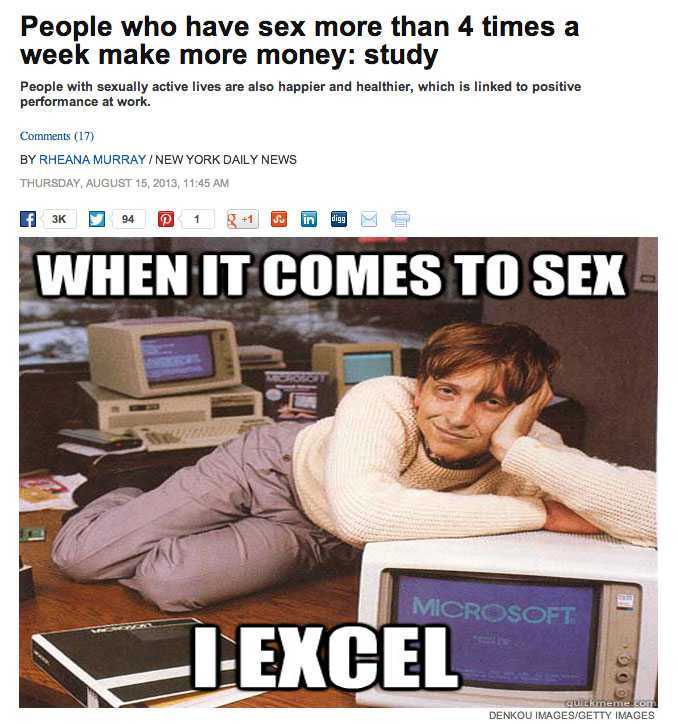

Music taken off these services would likely result in the return of the “rampant piracy” of the Napster era, according to Luckerson. Most musicians must “follow fans where they are, and that’s on streaming services,” writes Victor Luckerson for Time magazine. Notably, however, Swift’s ability to walk away from Spotify is an anomaly. The company made changes to its business model to raise royalty rates to a level that would lure back Swift and keep other popular artists from following her lead. But Swift and her record label held firm. Spotify tried to resolve the dispute by launching a social media campaign aimed at recruiting Swift fans to try to entice her to return to the site. “It’s my opinion that music should not be free,” she wrote, “and my prediction is that individual artists and their labels will someday decide what an album’s price point is.” Swift’s decision might have been predicted by an op-ed she wrote for the Wall Street Journal in July 2014. Other streaming outlets have retained access to Swift’s catalog by agreeing to her demand to keep her music out of free tiers or only available for a fee. The decision was a huge blow to Spotify, whose success depends heavily on its ability to provide the new music its listeners crave.

In response, Big Machine asked to have her entire catalog taken off the site. Spotify denied Swift’s request to keep her music off its free tier.

Artists like Swift have criticized Spotify and similar sites in the past for paying low royalty rates. Spotify’s subscription tier pays higher royalty rates to artists than its free tier. Spotify has a two-tier system: about a quarter of its 40 million users pay a subscription fee to listen to streamed music free of advertising the rest listen to music (and ads) for free. In the business negotiations surrounding the release of “1989,” Swift and her label, Big Machine, told Spotify they only wanted the company’s paid subscribers to have access to her new music. Let’s take a look at the negotiations between Spotify and pop music star, Taylor Swift.įirst, country-music star Taylor Swift injected new life into the stagnating music industry with the October release of her first pop album, “1989.” The album sold 1.287 million copies in the United States in its first week, instantly becoming 2014’s bestseller.Īmid the win-win-win news for Swift, her fans, and the music industry, there was one clear loser, however: Spotify, the world’s most popular music-streaming service. Discover how to improve your dispute resolution skills in this free report, Dispute Resolution: Working Together Toward Conflict Resolution on the Job and at Home, from Harvard Law School.


 0 kommentar(er)
0 kommentar(er)
